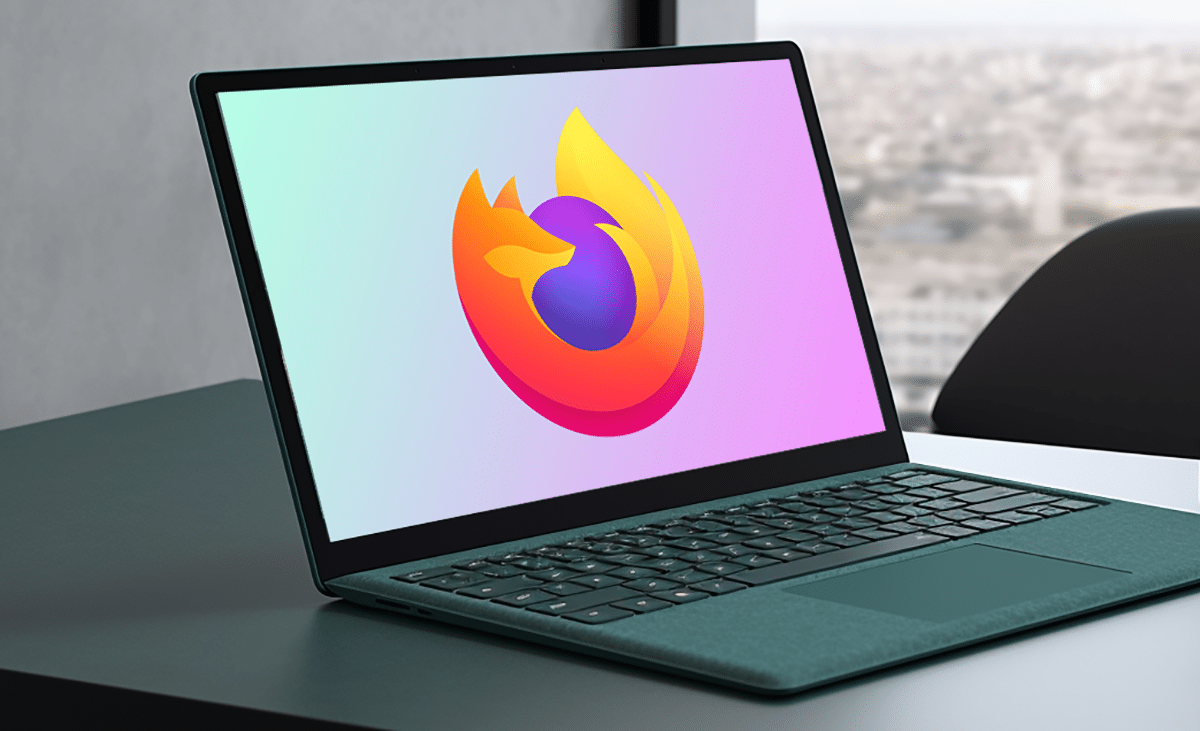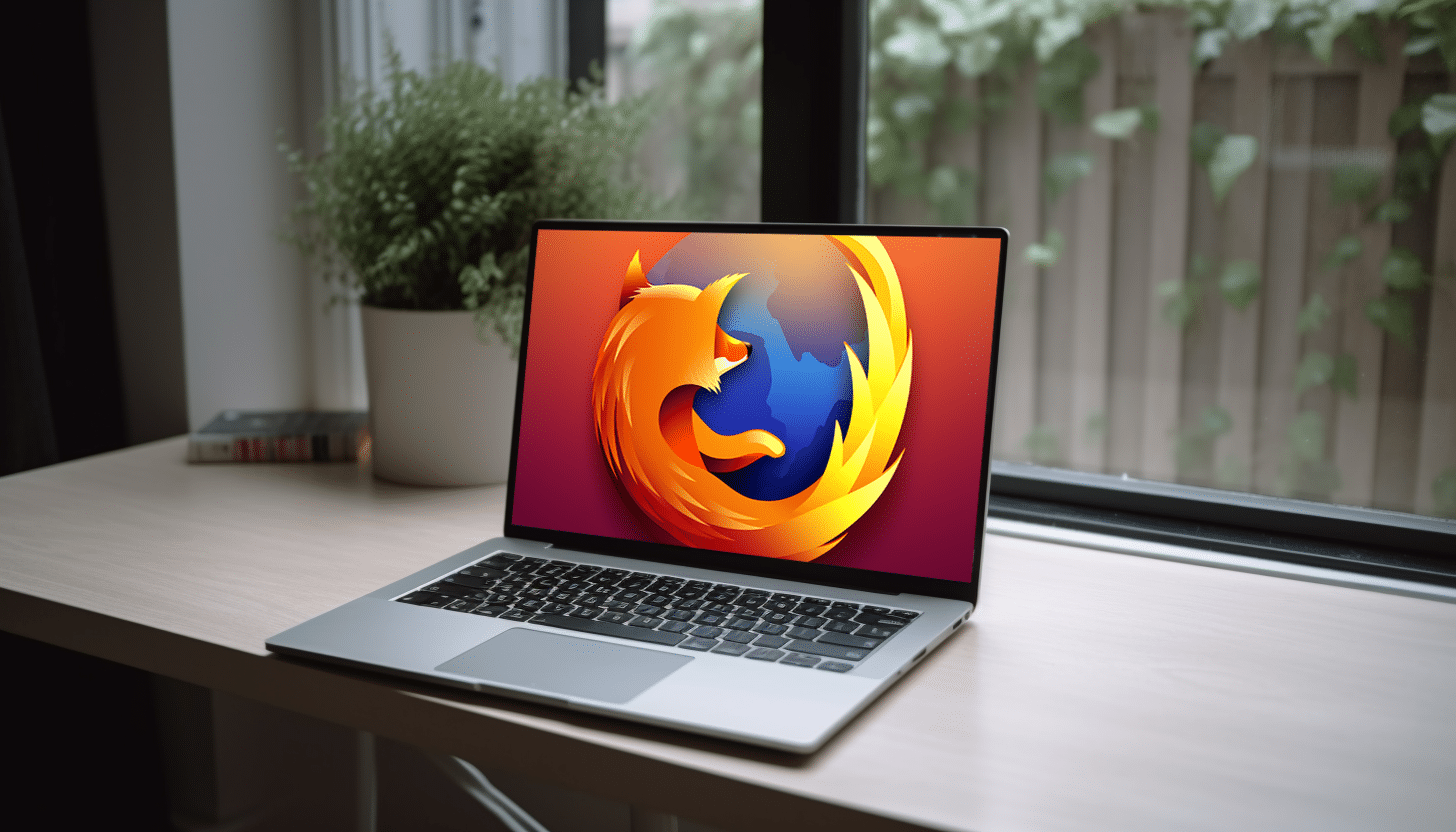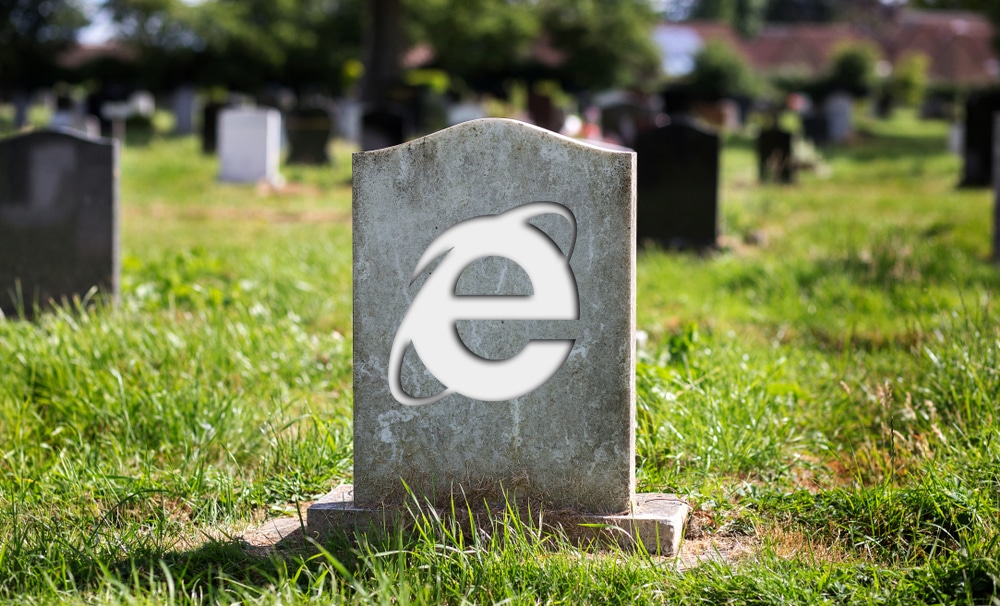
New Firefox terms of use could push users to Google Chrome
Mozilla has long positioned itself as a champion of privacy and open-source software, but its latest move really makes me worry that the organization could be drifting away from those values. You see, Mozilla has introduced Terms of Use for Firefox for the first time ever. Additionally, there is an updated Privacy Notice. And while Mozilla frames this as a move toward transparency, the actual terms are raising some major red flags for me.
Mozilla claims these new terms are necessary due to a changing “technology landscape,” yet the fine print tells a far different story. One of the most troubling aspects is that users must grant Mozilla all rights necessary to operate Firefox, including a “nonexclusive, royalty-free, worldwide license” to use information entered through the browser. Mozilla insists this is meant to help users navigate the web, but the vague wording leaves a dangerous amount of room for interpretation. Could this include personal data, saved passwords, or browsing history? Mozilla simply fails to say.

Mozilla removes Do Not Track setting from Firefox and suggests an alternative
Mozilla has removed support for Do Not Track from Firefox, with the company stating that it was a setting that was largely ignored by websites anyway.
More than this, Mozilla believes that Do Not Track sometimes served to reduce privacy, rather than increasing it. The suggestion for affected users is to start using options within Global Privacy Control (GPC) which are legally enforced in some countries, and far more widely respected by websites regardless of legislative requirements.

Malwarebytes Browser Guard gains new identity features
Browser Guard, the free browser extension from Malwarebytes, has added some new features aimed at enhancing users' privacy and protecting their identity online.
Users will now receive a pop-up alert if a website they visit was involved in a recent breach, offering the ability to click and scan their digital footprint to evaluate if private information was exposed.

Firefox 119 starts to roll out improved Firefox View feature, ramps up privacy and security
Mozilla has rolled out Firefox 119.0, the latest version of its open-source, Gecko-powered web browser for Windows, Mac, Linux and Android.
The new release offers two notable new features -- a major expansion of its Firefox View tab’s content, plus additional PDF editing tools along with a slew of security and privacy enhancements.

Mozilla says Firefox Android beta and nightly testers can now try out browser extensions
Mozilla has announced the availability of a limited number of browser extensions for the Android version of its Firefox web browser. The news comes several weeks after the company advised extension developers of the imminent launch of "support for an open ecosystem of extensions" for Firefox on Android.
Now testers who are running the Beta or Nightly builds of Firefox Android are being invited to try out dozens of extensions. At the moment, this is low-key launch as Mozilla is seeking feedback so the system can be tweaked and optimized ahead of a full launch further down the line.

Browser extensions are making a comeback in Firefox for Android
Mozilla has issued a notice to developers, saying that it is preparing to launch support for an open ecosystem of extensions on Firefox for Android.
Pointing out that the move will make Firefox the only major Android browser to support such an ecosystem for extensions, Mozilla says everything sound be in place before the end of the year. The change means that it should not be long before Firefox users with Android handsets are able to use more than just the handful of extensions that are currently available.

Download Debian 12 Bookworm-based Sparky 7.0 'Orion Belt' Linux distro now
If you are a fan of the Sparky Linux distribution, I have some exciting news-- version 7.0 is finally available for download. This release is based on -- and fully compatible with -- the Debian 12 "Bookworm" operating system. For users with ancient hardware, Sparky 7.0 still provides support for x86 (32-bit) machines. But seriously, folks, just buy a 64-bit PC already...
By leveraging the stability and reliability of Debian, Sparky 7.0 inherits a rock-solid base that ensures a smooth and secure user experience. This compatibility allows users to seamlessly access the extensive Debian software repositories, opening up a world of possibilities for software installations and updates.

Sticking with Windows 7? Mozilla says it will continue to support Firefox for more than a year
There are still a lot of people running Windows 10 rather than upgrading to Windows 11. This is perhaps not astonishing, but there are still a surprising number of users with even older versions of Windows.
With Microsoft no longer supporting Windows 7 or Windows 8.x, sticking with these editions of the operating system is clearly an inadvisable security risk. But for anyone who has no choice, or who simply refuses to move on, Mozilla will continue to offer security updates for Firefox under these versions of Windows until well into 2024, so at least your browser will be safe.

Firefox 113 unveils search and picture-in-picture improvements alongside tighter security
The Mozilla Foundation has unveiled Firefox 113.0 alongside Firefox ESR 102.11.0, the latest version of its open-source, cross-platform browser.
It’s a relatively big release, with numerous security enhancements and UI improvements, particularly when searching the web through the URL bar and making use of Firefox’s picture-in-picture video player.

Firefox 112 delivers Intel GPU performance improvements on Windows builds
Mozilla has released Firefox 112.0 alongside Firefox ESR 102.10.0, the latest versions of its open-source, cross-platform browser.
Version 112 introduces performance improvements for those running Intel GPUs on Windows, plus makes it possible to restore the previous session using the Cmd/Ctrl + Shift + T shortcut.

Windows 7's and 8.1's end of support is a massive chance for underdogs like Mozilla
Last month, Microsoft ended support for its Windows 7 and 8.1 operating systems officially. Windows 7 was kept alive by the company for business and Enterprise customers for the past three years through an Extended Security Updates program, but that ran out on the same day as support for Windows 8.1 ended.
Google and Microsoft announced that their browsers, Chrome and Edge, would not support both operating systems after support end. Chrome 109 and Edge 109, released in January 2023, are the last supported versions. The next stable versions, scheduled for a release in early February 2023, won’t support Windows 7 or 8.1 anymore.

Windows 11's Suggested Actions feature was killing Firefox, but Mozilla has fixed it
Some Firefox users who upgraded to Windows 11 2022 Update found that the latest version of Microsoft's operating system was causing their web browser to freeze.
The issue arose when trying to copy text from a web page, and the culprit was ultimately determined to be the Suggested Actions feature of Windows 11 22H2. Mozilla leapt into action, addressed the problem and has released an update. The company also has advice for anyone who is unable to update to the latest version of Firefox right now.

Firefox 105 promises improved stability in low-memory situations, touchpad improvements
Mozilla is rolling out Firefox 105 for Windows, Mac and Linux machines. Key takeaways from this new build include improved stability and efficiency in low memory situations in Linux and Windows, as well as an option to print just the current page from the print preview dialog.
Major new features, then, are hard to find in Firefox 105. Swipe to navigate -- using two fingers on a touchpad -- has been implemented in Windows allowing users to swiftly move back and forwards through their history. The new build also promises a doubling of speed when searching large lists for individual items.

Microsoft retires Internet Explorer after 27 years -- here's what happens next
Internet Explorer was once the dominant web browser, boasting a 95 percent market share in 2004. The arrival of better and faster browsers like Firefox and Chrome, along with the rise of smartphones, slowly destroyed its ubiquity and from today it is now officially retired and out of support.
While few people will mourn its passing, the browser is still used by many businesses and individuals who simply haven’t bothered to switch from what they know. For those users, Microsoft’s solution will be a predictable one.

Ubuntu Linux 22.04 LTS Jammy Jellyfish can replace Microsoft Windows 11 on your PC
The developers over at Canonical have been busy baking a yummy new version of Ubuntu recently, and following a brief beta period, it is finally time to take the open-source operating system out of the oven. Yes, folks, the stable Ubuntu 22.04 is finally here!
Code-named "Jammy Jellyfish," Ubuntu 22.04 is an "LTS" version, which stands for "Long Term Support." Yeah, that means exactly what it sounds like. The Linux distribution will be supported for a long time -- five years to be exact. Very nice.
